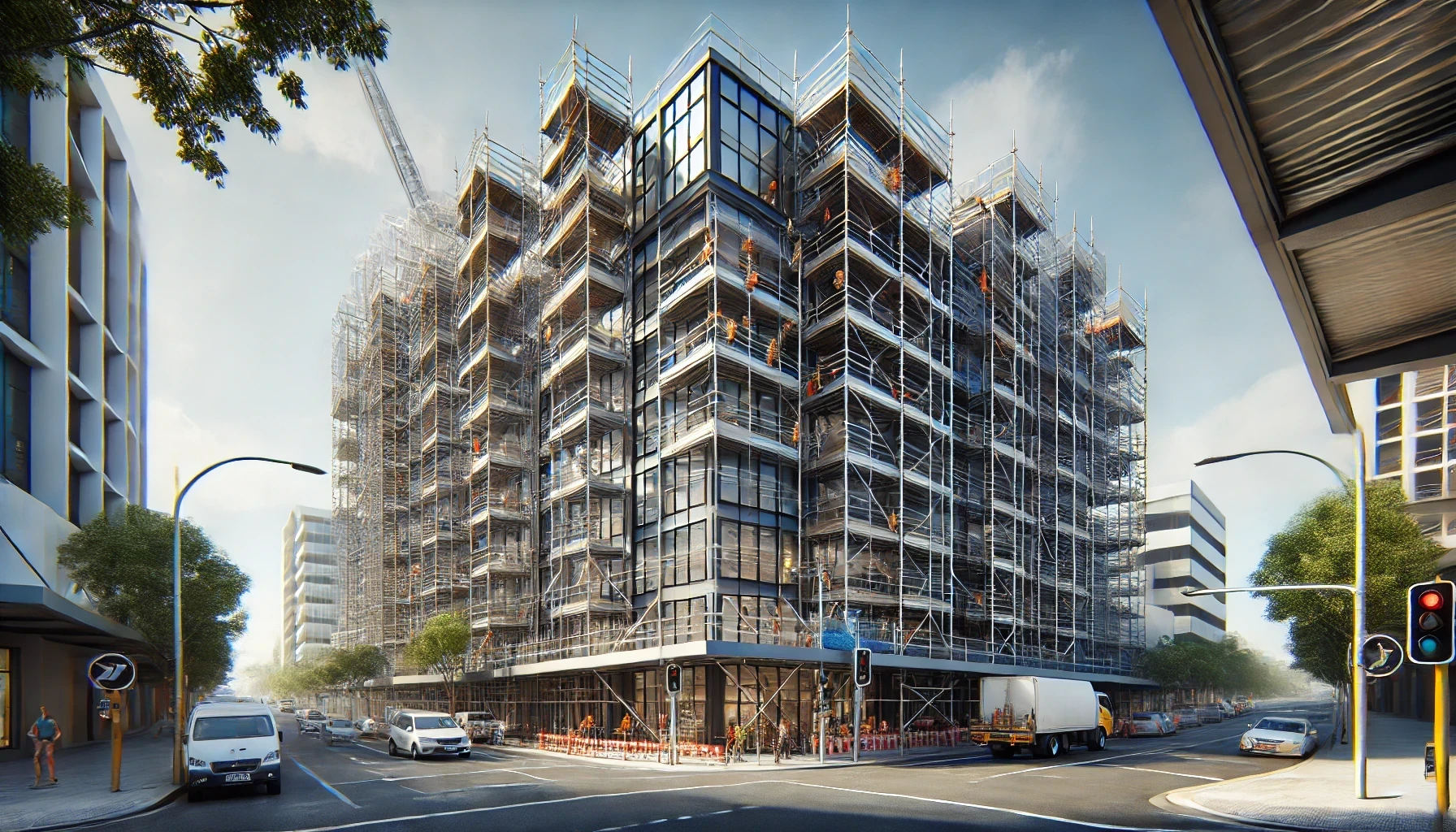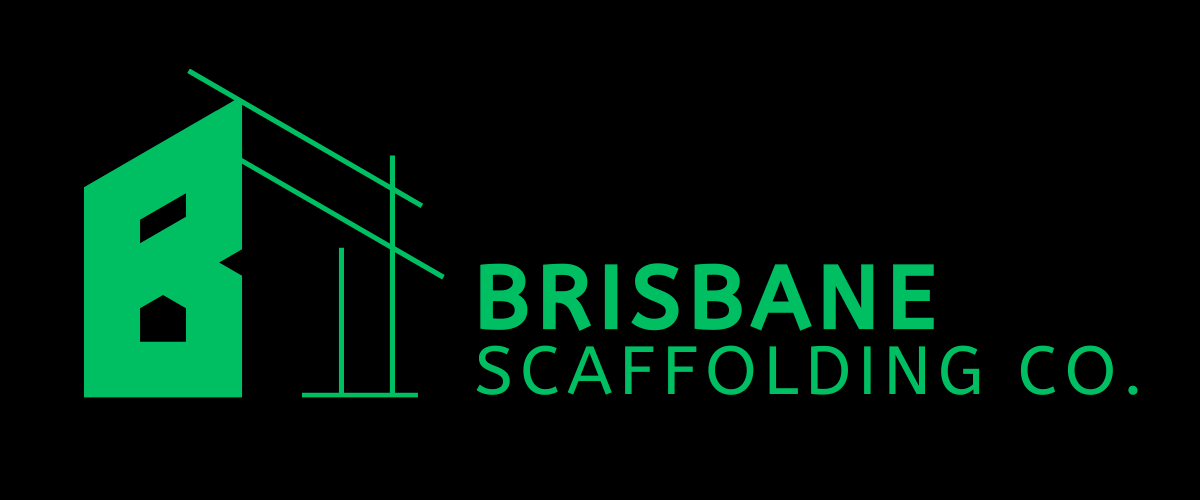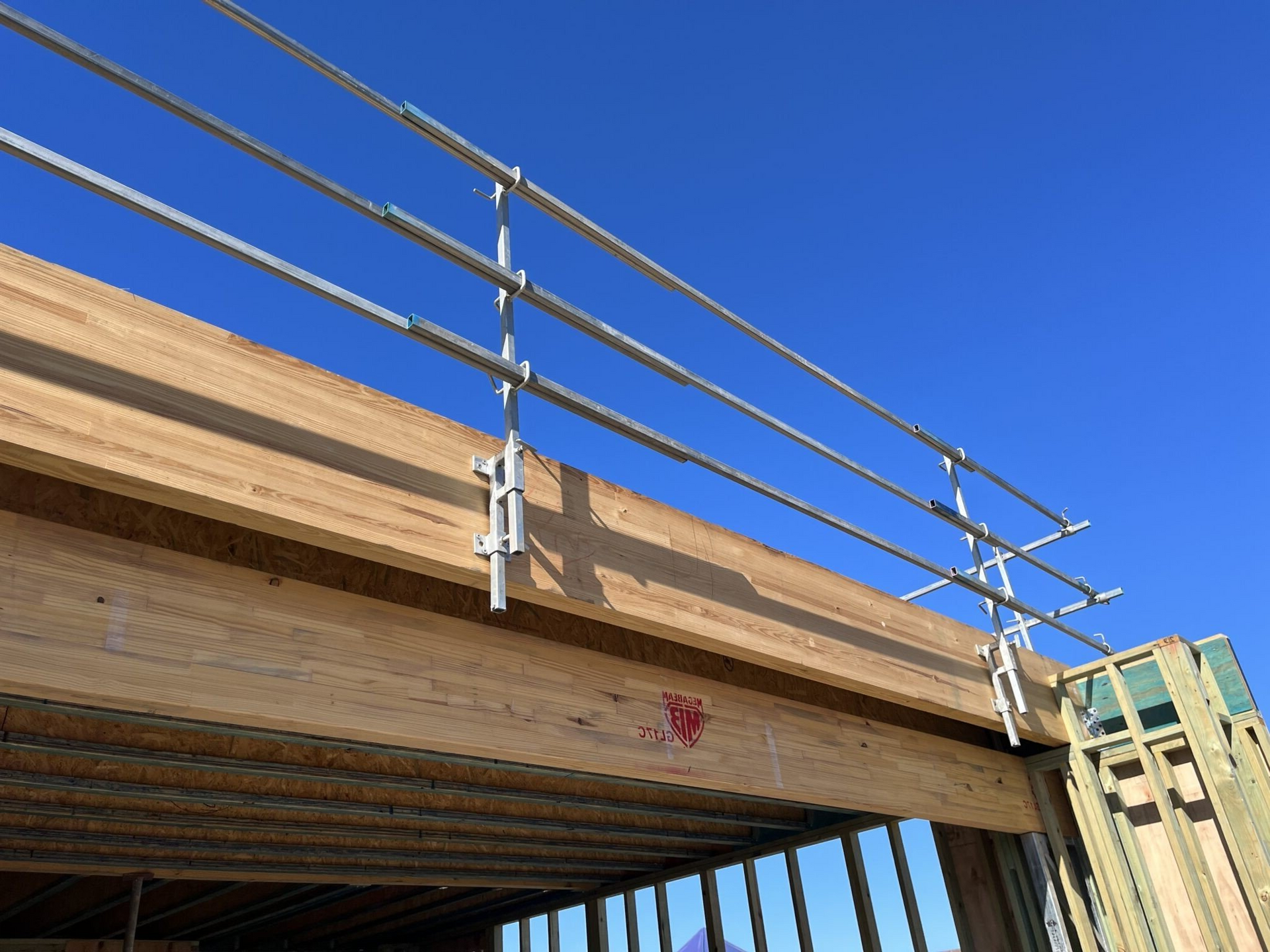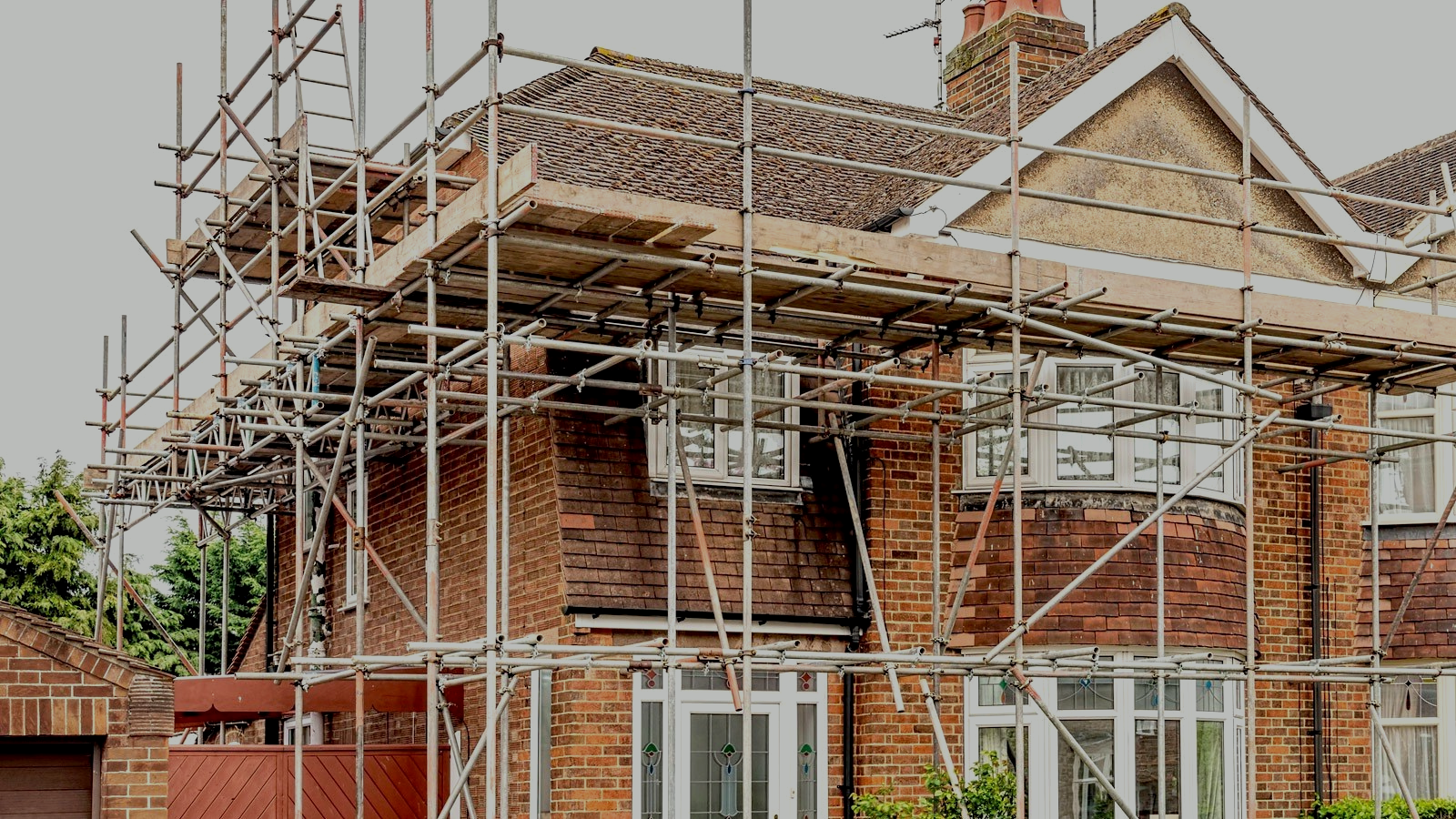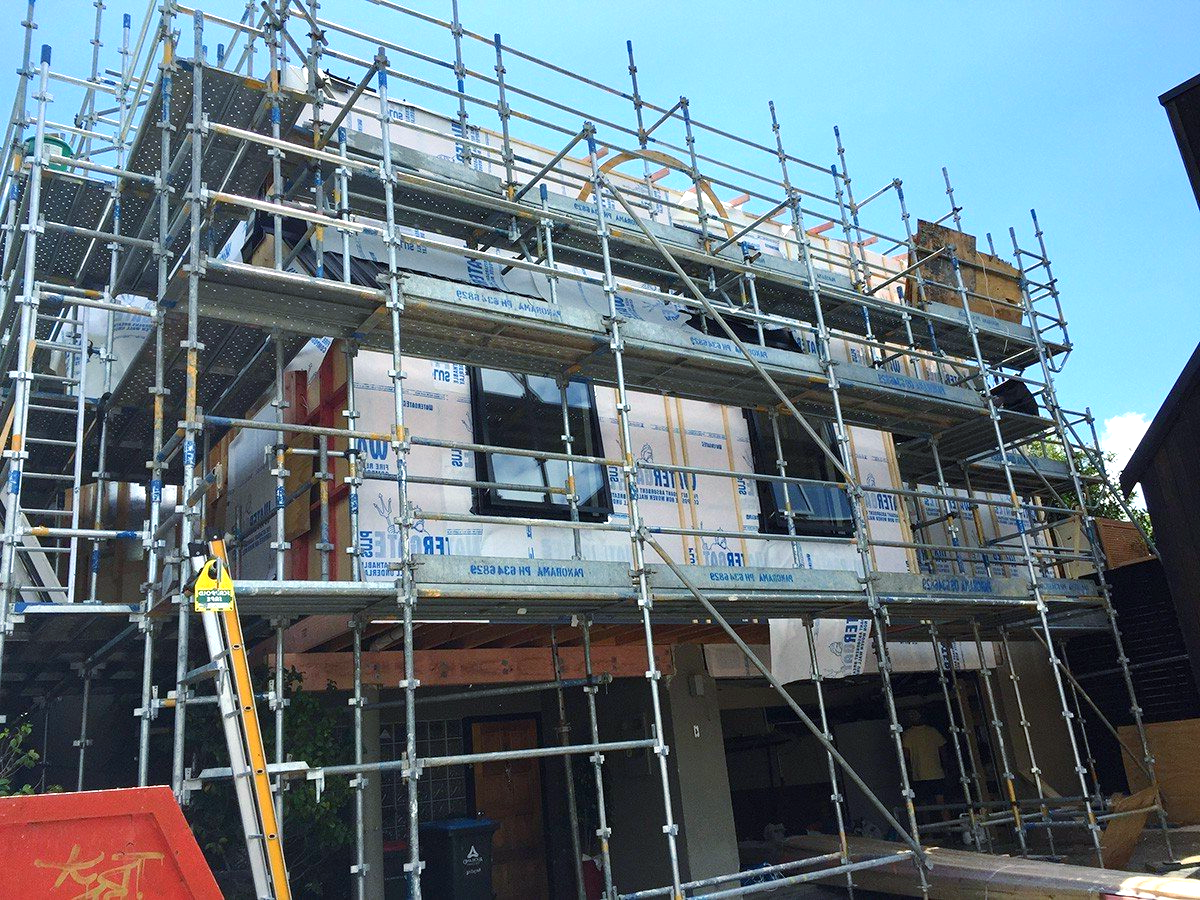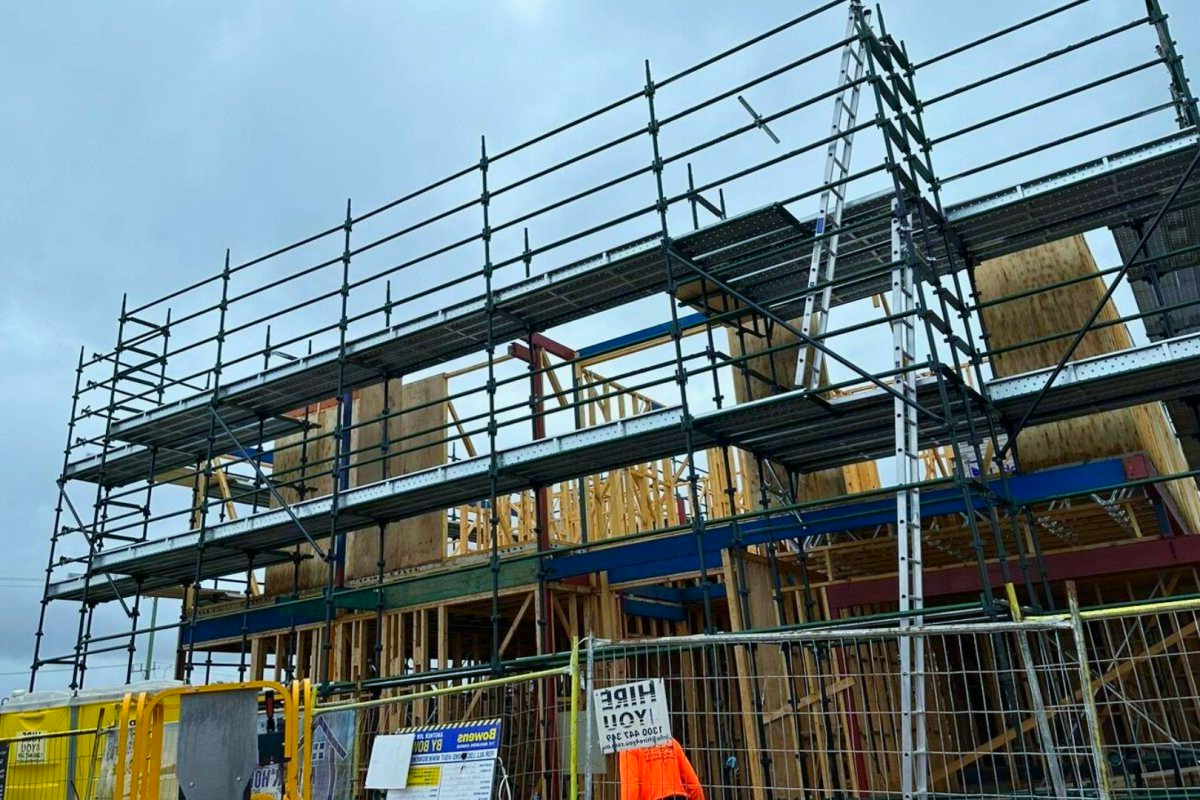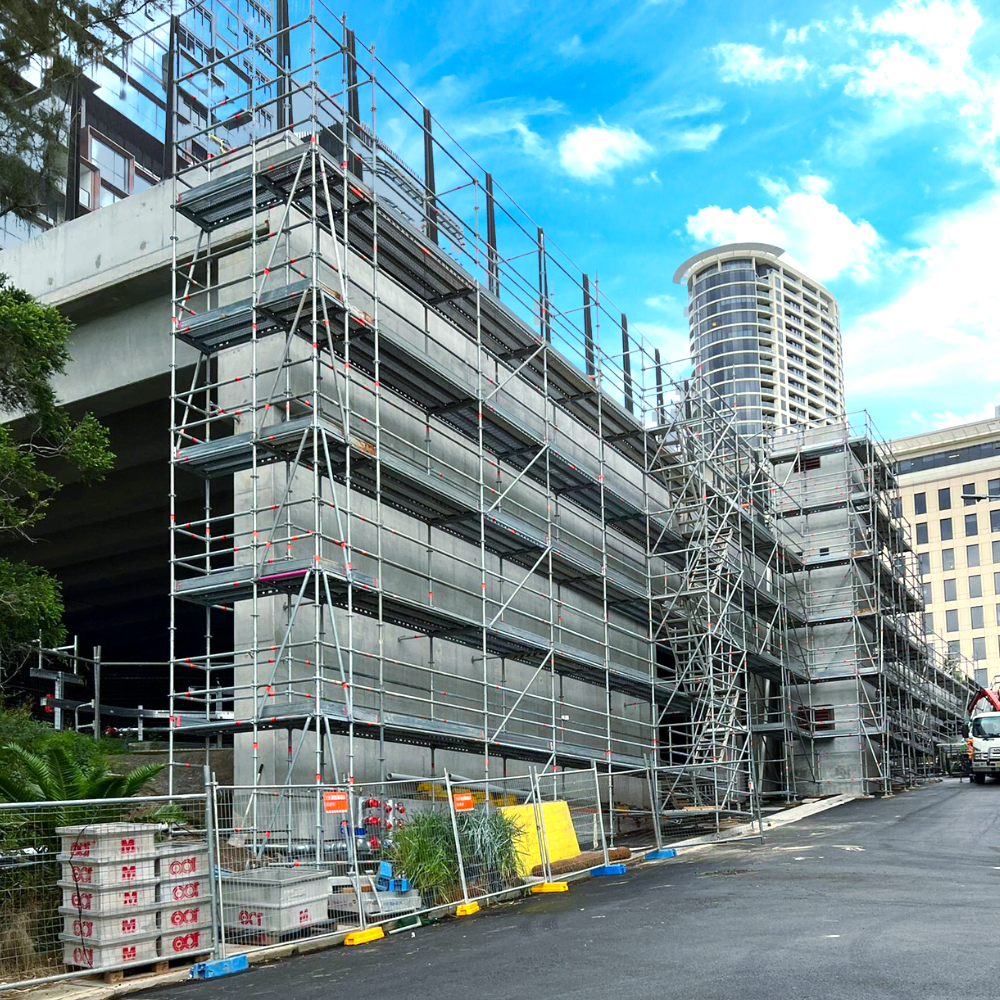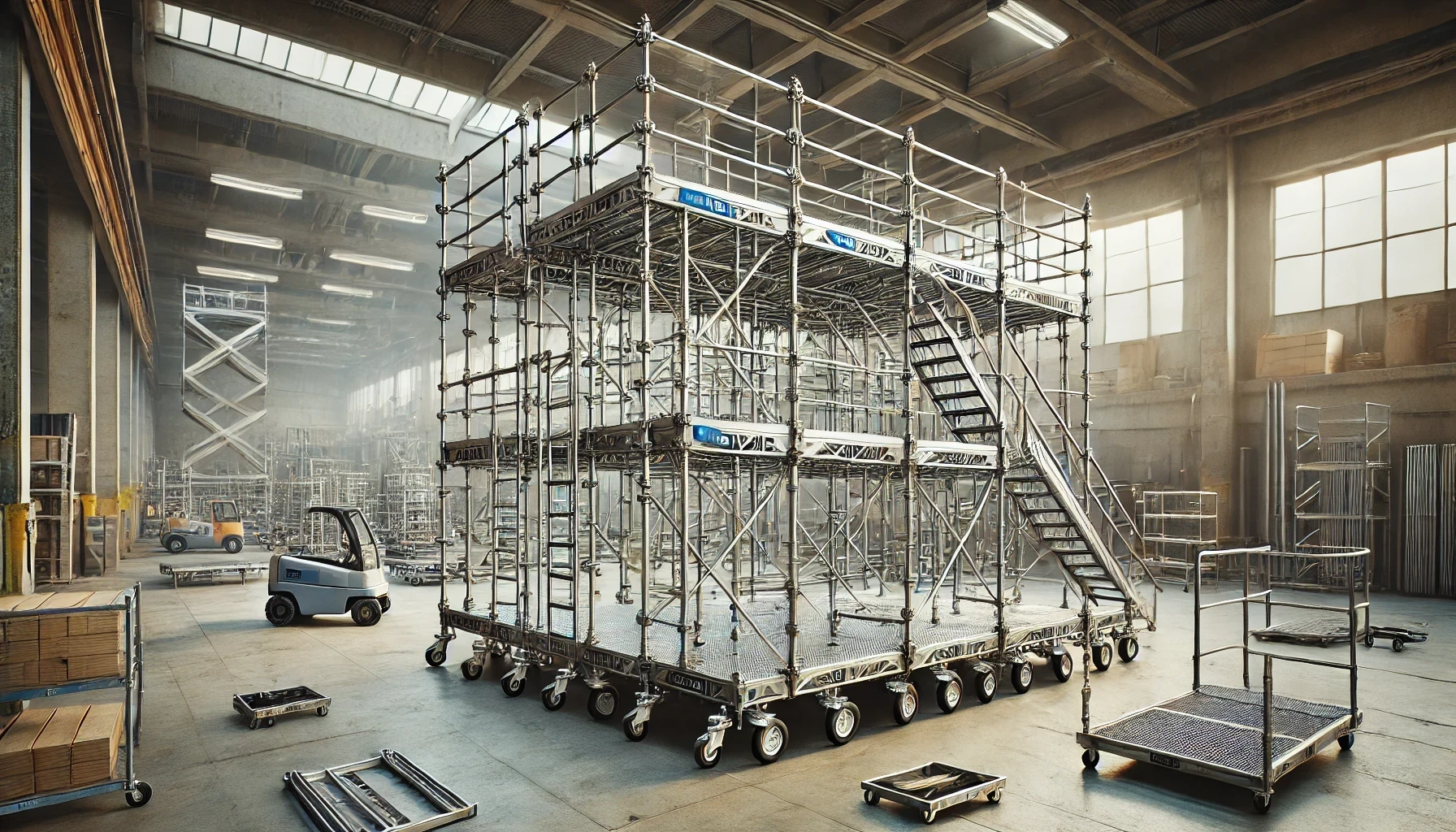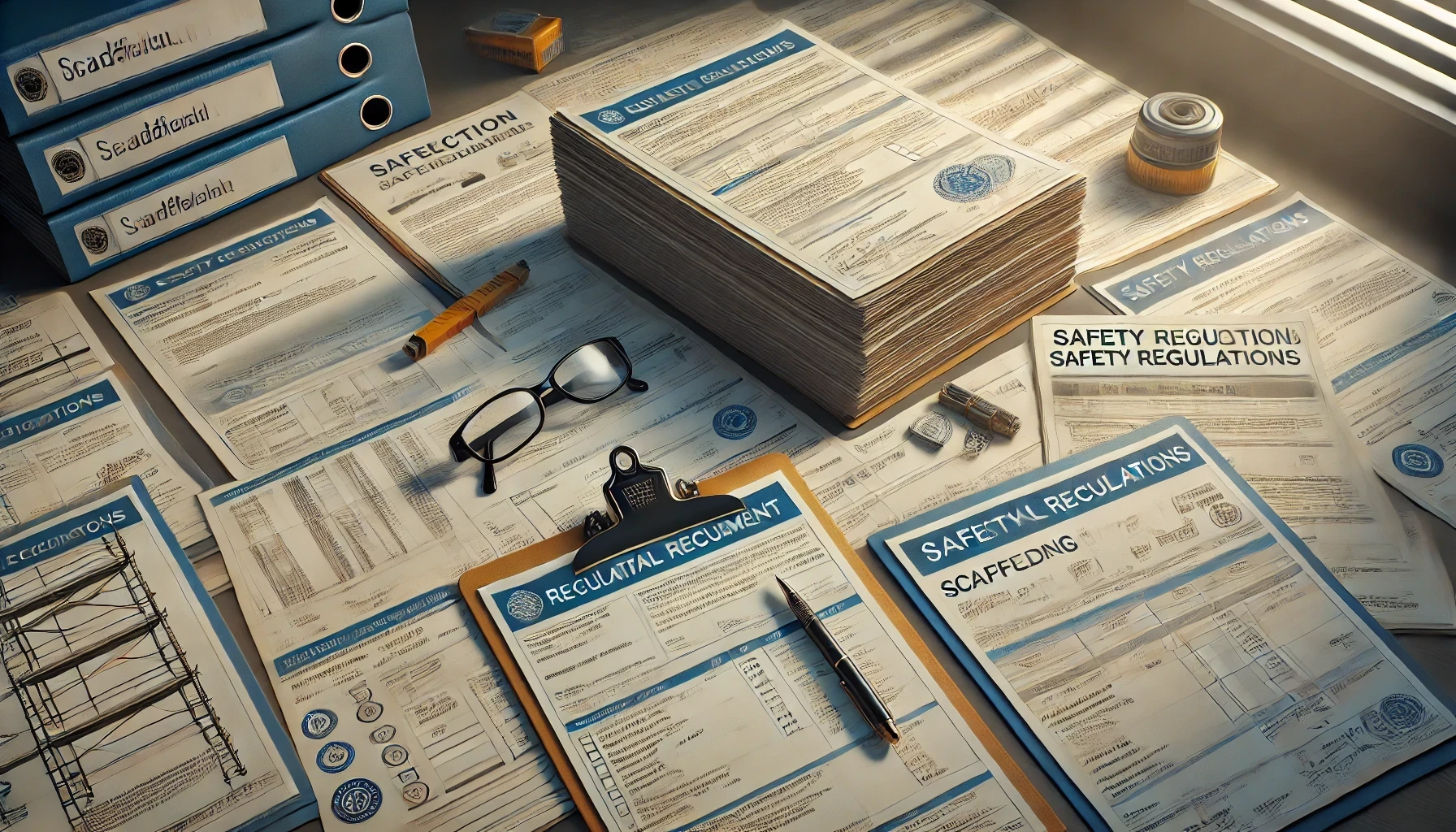Scaffolding Insurance & Licensing Requirements in Queensland
Navigating the complex world of scaffolding regulations in Queensland requires careful attention to insurance and licensing requirements. Companies engaged in scaffolding work must maintain comprehensive insurance coverage and hold valid licenses through the Queensland Building and Construction Commission (QBCC).
At Brisbane Scaffolding Co., we maintain strict compliance with Queensland's scaffolding regulations while providing top-tier scaffolding solutions across Brisbane and the Gold Coast. Our commitment to safety and regulatory adherence sets the foundation for every project we undertake.
We understand that choosing a scaffolding provider means trusting them with crucial aspects of construction safety and legal compliance. This straightforward guide explains the essential requirements for scaffolding operations in Queensland and demonstrates how we meet these standards.
Key Takeaways
- Queensland scaffolding providers must hold specific QBCC licenses and maintain comprehensive insurance coverage
- Professional scaffolding companies need public liability insurance of at least $20 million
- All scaffolding work requires certified operators who complete regular safety training and assessments
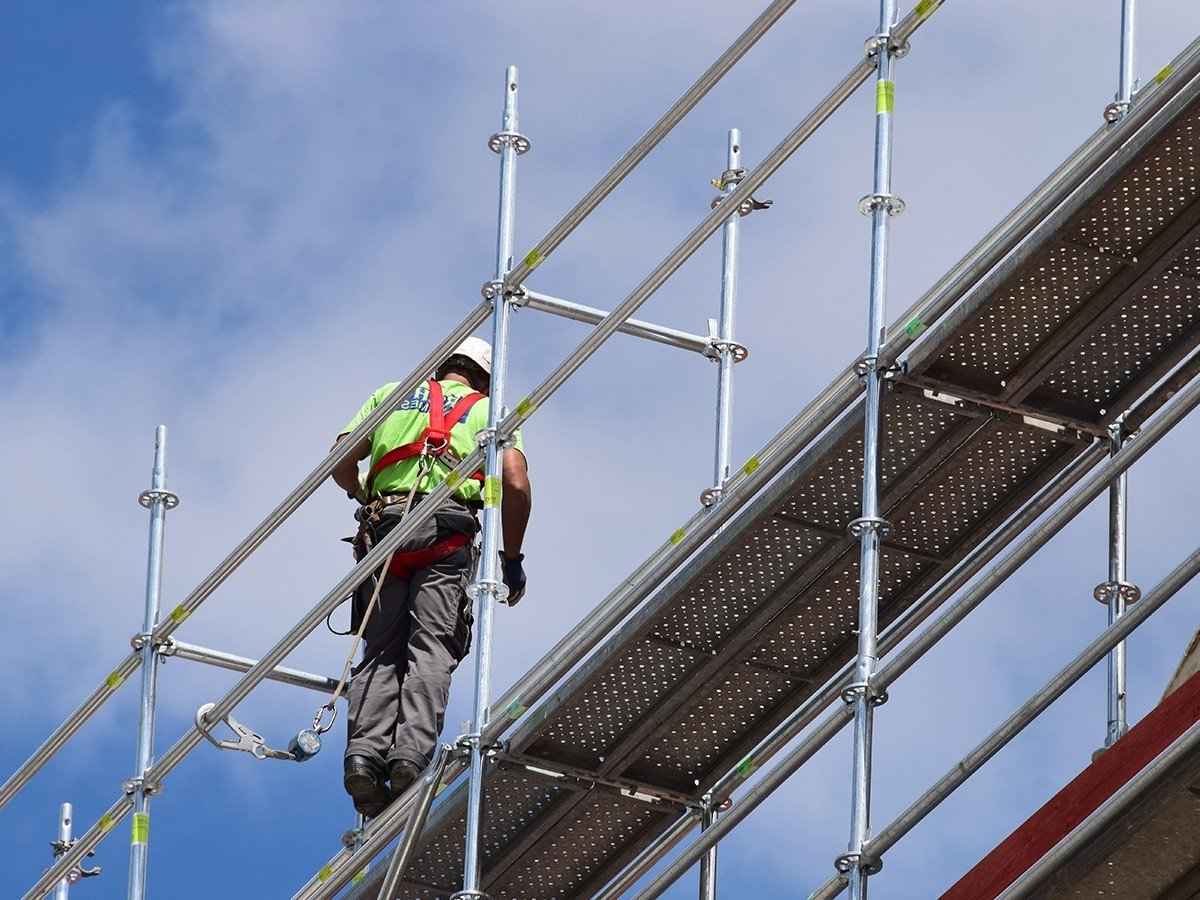
Understanding Queensland’s Scaffolding Insurance and Licensing Laws
Queensland's strict regulations ensure safety in scaffolding operations through mandatory licences and comprehensive insurance coverage. Licensed scaffolders must maintain specific insurance levels and meet WorkSafe Queensland requirements.
Types of Scaffolding Licences Required
Basic scaffolding licences (SB) cover the erection of scaffolding up to 4 metres in height, including mobile and static structures. These static structures are commonly used in residential scaffolding projects.
Intermediate scaffolding licences (SI) allow work on complex structures up to 25 metres.
Advanced scaffolding licences (SA) are essential for structures exceeding 25 metres and specialised work like suspended scaffolds and cantilevered platforms.
All licences require completion of approved training courses and assessment by registered training organisations (RTOs). Licence holders must renew their credentials every 5 years through WorkSafe Queensland.
Queensland Scaffold Insurance Minimums
Public liability insurance of at least $20 million is mandatory for all commercial scaffolding operations in Queensland.
Professional indemnity coverage must extend to a minimum of $5 million for design and consultation services.
Workers' compensation insurance is required for all employees as per WorkCover Queensland regulations.
Equipment insurance should cover the full replacement value of scaffolding materials and associated equipment.
When Licensed and Insured Scaffolding Is Required
Construction companies undertaking projects above 4 metres height must engage licensed scaffolders.
Property developers and building owners require compliant scaffolding services for renovations and maintenance work.
Industrial facilities need specialised scaffolding services for maintenance and shutdown operations.
Mining and resource sector operations must use licensed scaffolding services for all elevated work platforms.
Key Regulatory Authorities and Their Roles
WorkSafe Queensland oversees licence issuing, renewals, and compliance monitoring. They conduct regular site inspections and investigate safety incidents.
The Queensland Building and Construction Commission (QBCC) regulates building industry standards and contractor licensing.
Local councils enforce additional requirements for scaffolding permits in specific jurisdictions.
The Department of Natural Resources, Mines and Energy provides additional oversight for mining and resources sector scaffolding operations.
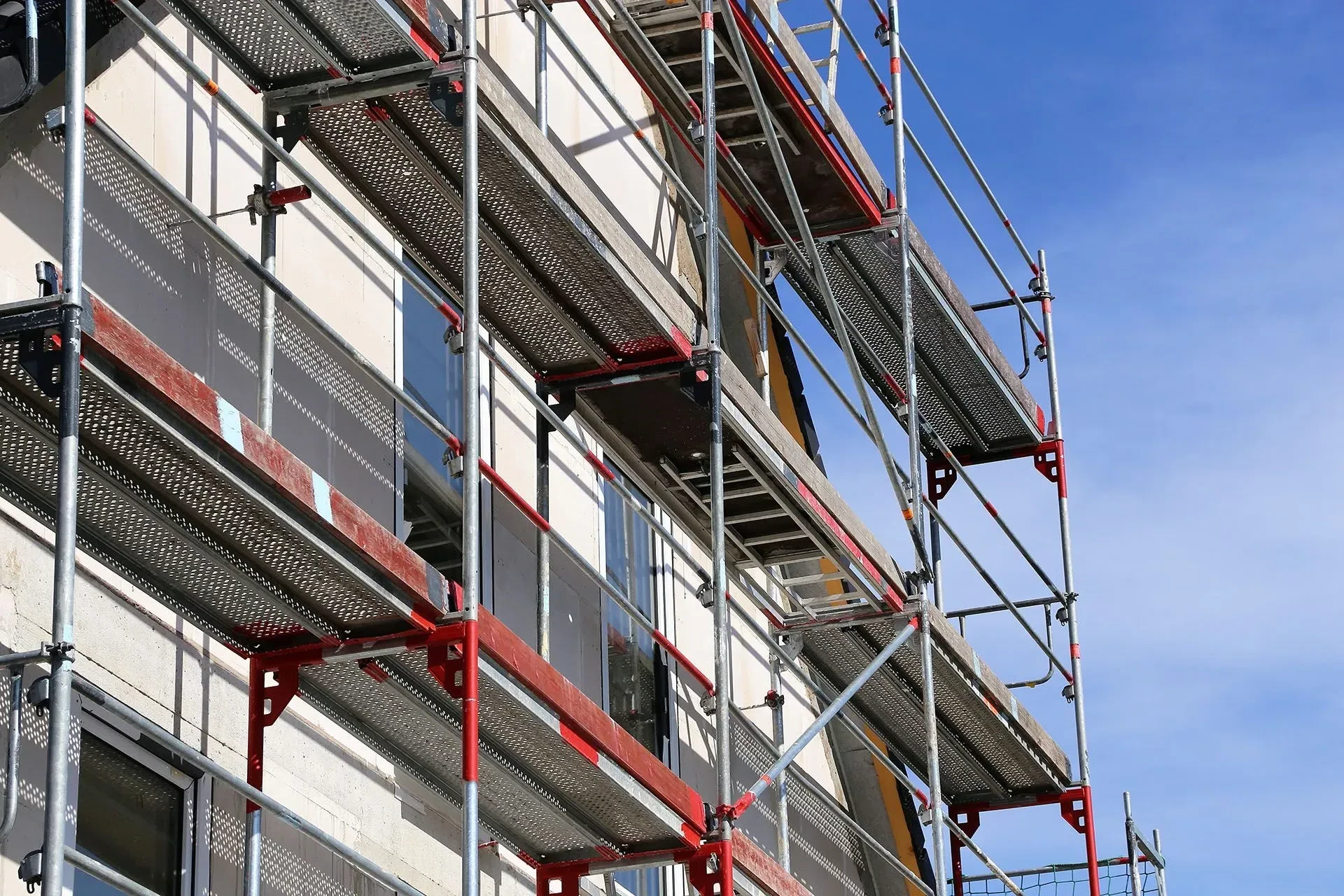
How Brisbane Scaffolding Co. Ensures Compliance and Safety
At Brisbane Scaffolding Co., we maintain rigorous standards through comprehensive safety measures, certified expertise, and full compliance with Queensland regulations.
Our Qualifications, Certifications, and Safety Protocols
We hold all required Queensland scaffolding licences and certifications, including Intermediate High Risk Work Licences (SI) across our team. Our public liability insurance coverage extends to $20 million, ensuring complete protection on every project.
Every member of our scaffolding crew undergoes regular training and assessment through registered training organisations (RTOs).
We maintain current certifications in:
- Certificate III in Scaffolding
- Working at Heights certification
- White Card (Construction Induction)
- First Aid and CPR qualifications
Our safety management system meets and in many areas exceeds WorkCover Queensland requirements. We conduct detailed site assessments before each installation, documenting potential hazards and control measures.
Each project begins with a comprehensive Safe Work Method Statement (SWMS). Daily safety checks include:
- Equipment inspection
- Weather monitoring
- Access point verification
- Load capacity confirmation
We employ a dedicated safety supervisor for larger projects to ensure continuous compliance with safety standards.
Benefits of Choosing a Licensed and Insured Scaffolding Provider
Working with our licensed team eliminates liability risks and ensures full compliance with Queensland building regulations. We provide detailed documentation for all projects, including engineering certificates when required.
Our insurance coverage protects both client assets and worker safety. This includes:
- Public liability insurance
- Professional indemnity coverage
- Workers' compensation
- Equipment and property protection
We maintain transparent communication about our safety practices and welcome client safety audits.
